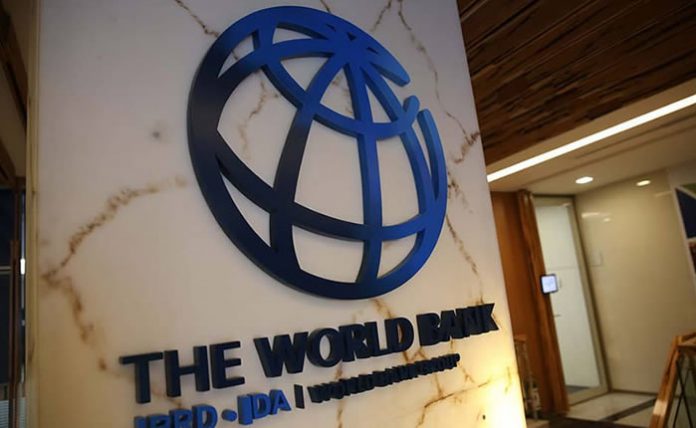The World Bank has reported that seven countries, including Nigeria, Afghanistan, Burkina Faso, Haiti, Somalia, South Sudan, and Yemen, are experiencing “catastrophic levels of food insecurity” indicating the threat of famine.
The latest food security update by the World Bank also revealed that the number of people experiencing acute food insecurity is the highest on record since the Global Report on Food Crises began in 2017.
The report highlights the need for well-coordinated early warning systems and anticipatory action frameworks to prepare and organize responses before a crisis.
The bank has called for governments to maintain supportive business environments for agri-food value chains, build adaptive social protection programs, and leverage private sector funds for long-term resilience.
“In seven countries (Afghanistan, Burkina Faso, Haiti, Nigeria, Somalia, South Sudan, Yemen), some affected populations faced Catastrophic levels of food insecurity, which indicates the threat of famine and extremely critical levels of malnutrition in several areas of the countries, marking the most countries facing such extreme levels of food and nutrition insecurity in the report’s history,” the report said.
Furthermore, data from January 2023 to April 2023 showed high inflation in almost all low- and middle-income countries, with inflation levels greater than five per cent in 64.7 per cent of low-income countries.
In addition, 81.8 per cent of high-income countries are experiencing high food price inflation.
The most affected countries are in Africa, North America, Latin America, South Asia, Europe, and Central Asia.
The GRFC (Global Report on Food Crises) also revealed that 258 million people in 58 countries “faced crisis or worse levels of acute food insecurity in 2022”.
The report calls for governments to repurpose agricultural support funds and better leverage private sector funds for long-term resilience.











